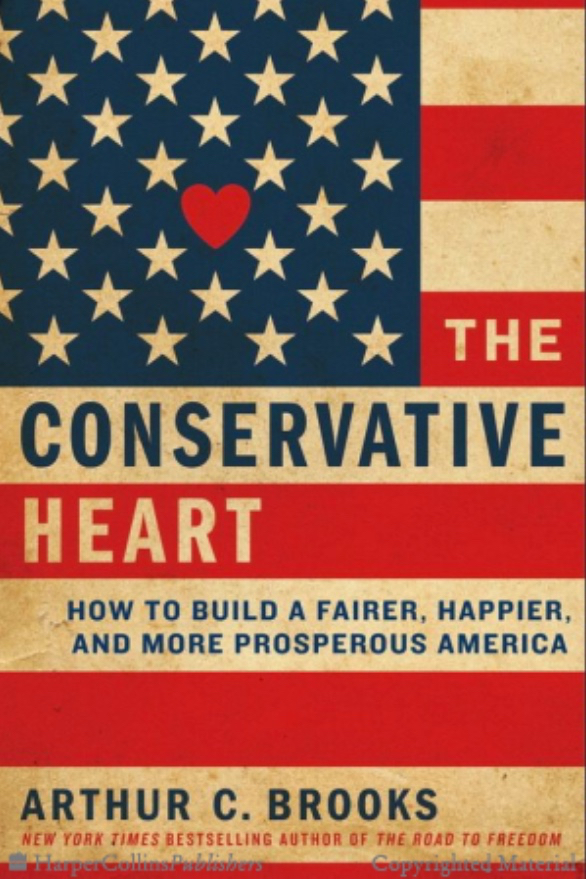 Liberals care about the little guy. Conservatives care about the wealthy and big business.
Liberals care about the little guy. Conservatives care about the wealthy and big business.
You’ve heard the wrap. North Carolinians are getting a full dose of it as the N.C. House and Senate debate a final deal on North Carolina’s $21.7 billion state General Fund budget.
The characterization is false. But it rings true with many who are not conservative.
The latest book from American Enterprise Institute president Arthur Brooks places much of the blame for the misperception on conservatives themselves. (Brooks discusses his book Oct. 28 in Charlotte in a luncheon event co-sponsored by the John Locke Foundation.)
In The Conservative Heart: How to Build a Fairer, Happier, and More Prosperous America, Brooks urges his fellow conservatives to approach their tasks in a new way. Rather than focus attention on tax rates and economic growth, Brooks wants conservatives to emphasize people.
Part of that emphasis involves using terms normally associated with the political left.
Many conservatives recoil at the mere mention of “social justice.” They see the term as the exclusive language of the left. But this is a mistake. “Social justice” simply means working for a society that lives up to our American standards of fairness. And conservatives believe in fairness just as much as liberals do. We just define it differently.
The left generally espouses the idea of “redistributive fairness.” Liberals argue that beyond some unspecified limit, an uneven distribution of income is unfair on its face, and so promoting social justice means using government to promote greater financial equality for its own sake.
Conservatives, on the other hand, champion “meritocratic fairness.” We believe that real fairness means that everyone should have abundant opportunity to pursue their happiness, and that — above a reasonable safety net for the truly indigent — rewards should follow hard work and merit.
Put another way, the left advocates greater equality at the finish line. Liberal efforts to attain social justice, then, usually attempt to equalize outcomes through redistributive taxation and social welfare spending that extends far above the poverty level.
To conservatives, a social justice agenda means making the starting line more equal for the vulnerable by improving education, expanding the opportunity to work, and increasing access to entrepreneurship. Then it must ensure that rewards reflect effort, merit, and virtue. Further, true conservative social justice must also fight cronyism that favors powerful interests and keeps the little guy down.
Brooks is unlikely to convince all conservatives to adopt “social justice” and other terms popularized on the political left, but his book offers thought-provoking ideas about ensuring that the best ideas from the right end of the political spectrum have the best chance of being absorbed by potentially receptive audiences.


